EIA expects record global petroleum consumption in 2024, with lower crude oil prices
Green Car Congress
JANUARY 11, 2023
The US Energy Information Administration (EIA) expects global consumption of liquid fuels such as gasoline, diesel, and jet fuel, to set new record highs in 2024. EIA also expects oil production in Canada, Brazil, and Norway collectively to grow 12% from 2022 to 2024, and also expects growth from new sources such as Guyana.



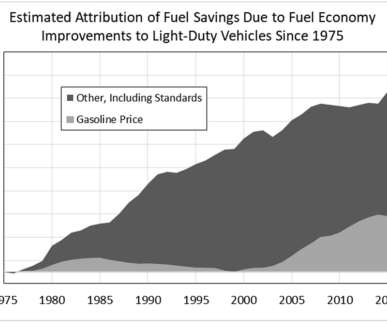
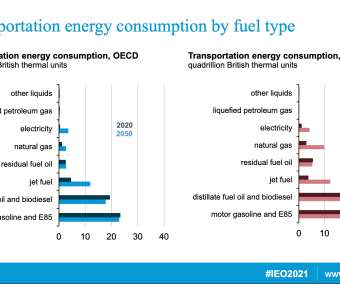




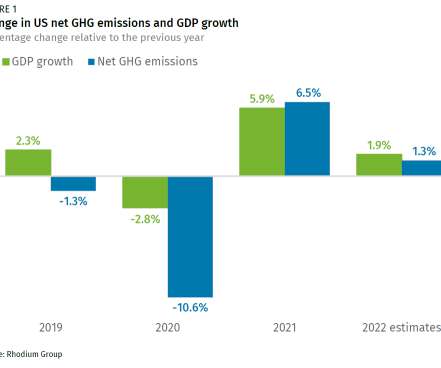


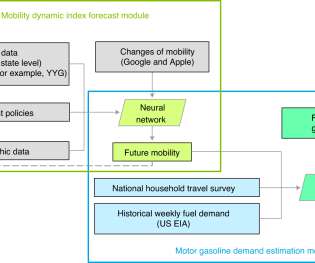












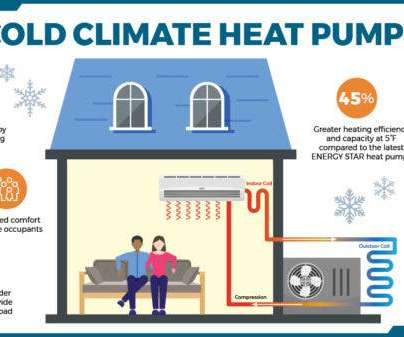









Let's personalize your content